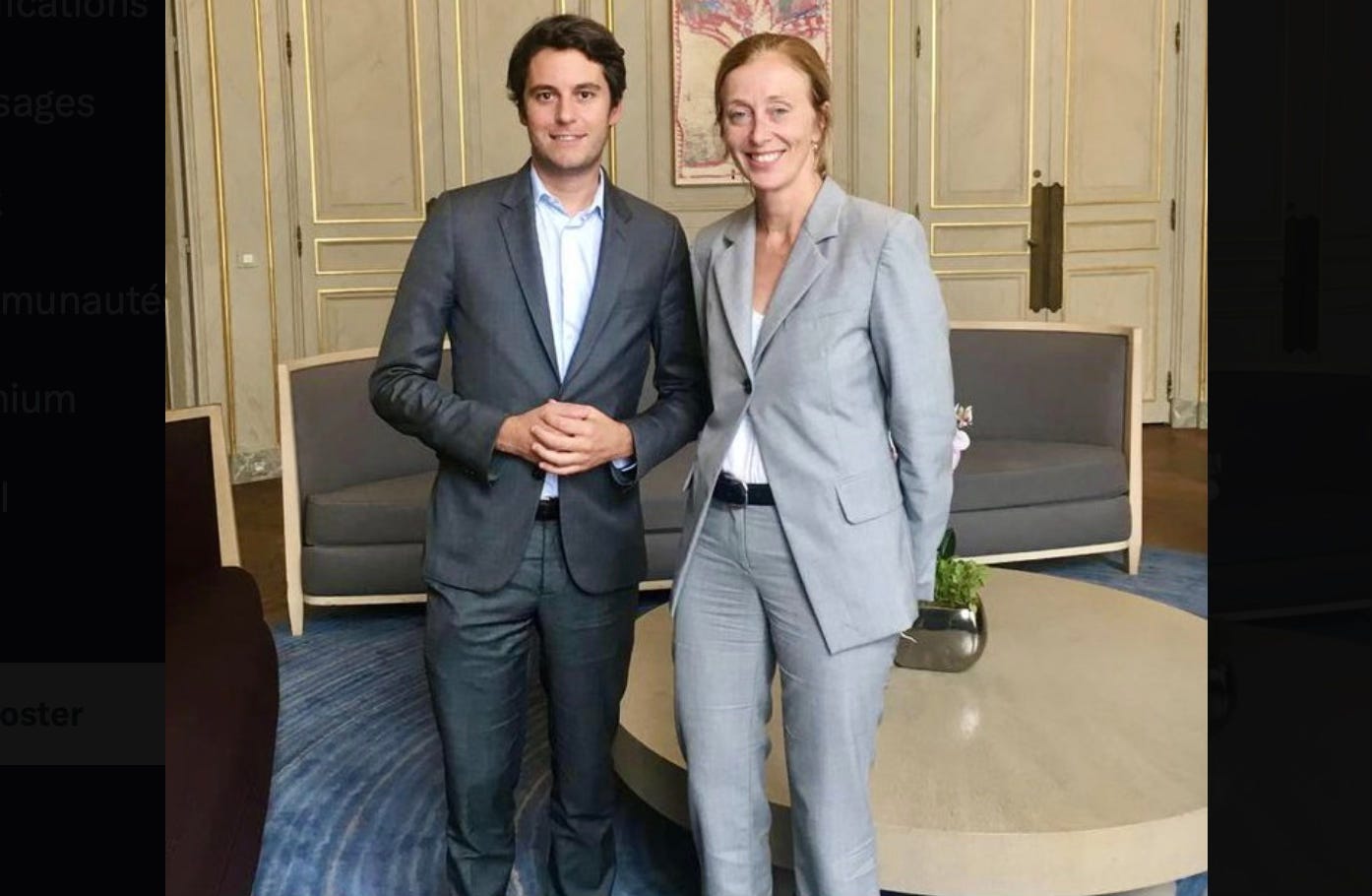How to Appoint a Prosecutor
The appointment of a former under-secretary as Créteil’s prosecutor further highlights the excessively tight connections between politics and the judicial system in France.
On February 20, L’Éclaireur shed light on a recurring issue across the French judicial system : prosecutor’s offices operating without leadership. Take Nanterre as a case in point – this bustling judicial nerve center, one of France’s most prominent, has lacked a prosecutor since October. Back in 2022, Nanterre captured headlines when France launched the pioneering “Cold Case” unit there, dedicated to cracking unresolved mysteries – a celebrated milestone. Yet, despite a pool of ready candidates, progress on filling the vacancy remains inexplicably stalled. What lies behind this bottleneck?
With politically sensitive trials stacking up – most notably the latest involving former French President Nicolas Sarkozy in a corruption case involving Kadhafi’s funding of its 2007 campaign – a recent flurry of appointments across France underscores the tenuous nature of judicial independence. Political influence, it seems, flows seamlessly through the judicial system.
It’s worth noting that in France, prosecutors are appointed by the President of the Republic on the recommendation of the Minister of Justice, following a non-binding opinion from the High Council of the Judiciary (CSM) – an opinion the executive can readily bypass.
Unlike prosecutors, the appointment of judges – though being selected in the same cadre of career civil servants having been trained at the same National School of the Judiciary – requires a binding CSM opinion, ensuring that an unsuitable candidate is vetoed, compelling the Ministry of Justice to propose an alternative.
Can the CSM be hailed as the ultimate guardian of judicial independence ? Hardly. The appointment of its own members demands scrutiny. Despite the 2008 constitutional reform – stripping the President and Justice Minister of their roles as CSM chairs – the political umbilical cord remains intact. Judges are outnumbered – a safeguard against corporatism – but six of the CSM’s eight members are external figures appointed by the President of the Republic, the Speaker of the House, and the Speaker of the Senate. That much for autonomy from politics.
The will to sever this tie is conspicuously absent. Three times – in 1998, 2013, and 2018 – reforms to bolster the CSM’s authority over appointments collapsed. In 1998, both the House and Senate passed a constitutional law only for Jacques Chirac to cancel the decisive Congress session. In 2013, despite bicameral approval, the Congress never convened. In 2018, the Covid crisis killed the initiative.
Amid rising calls for greater judicial independence, Charlotte Caubel was nominated as Créteil’s prosecutor. Trained as a magistrate with courtroom experience, Caubel’s career has leaned heavily toward political appointments: legal advisor at the Economy Ministry, justice unit head under Prime Minister Édouard Philippe, and a brief stint as Under-Secretary for Childhood under Élisabeth Borne. She has spent more time as a political appointee than in court rooms, yet she outstripped seventeen better-qualified candidates. She is lacking both the seniority and rank typically required.
Such political meddling and the blurred lines between executive and judiciary are a recurring concern. Créteil’s prior prosecutor, before moving to the position of Commisionner for the National Police Internal Affairs Division, was the justice adviser to Prime Minister Jean Castex. Meanwhile, Richard Ferrand, a Macron crony and former Speaker of the House, sits on the Constitutional Council beside the prosecutor who exonerated him in a corruption case.
This interplay defines France’s political-judicial nexus. When Remy Heitz, Prosecutor General of the “Cour de Cassation” (the highest ranking prosecutor in France), stressed the “pressing necessity” of reforming the prosecution for greater independence, Gérald Darmanin, Minister of Justice, responded with a hardline stance, urging prosecutors to prioritize communication…



